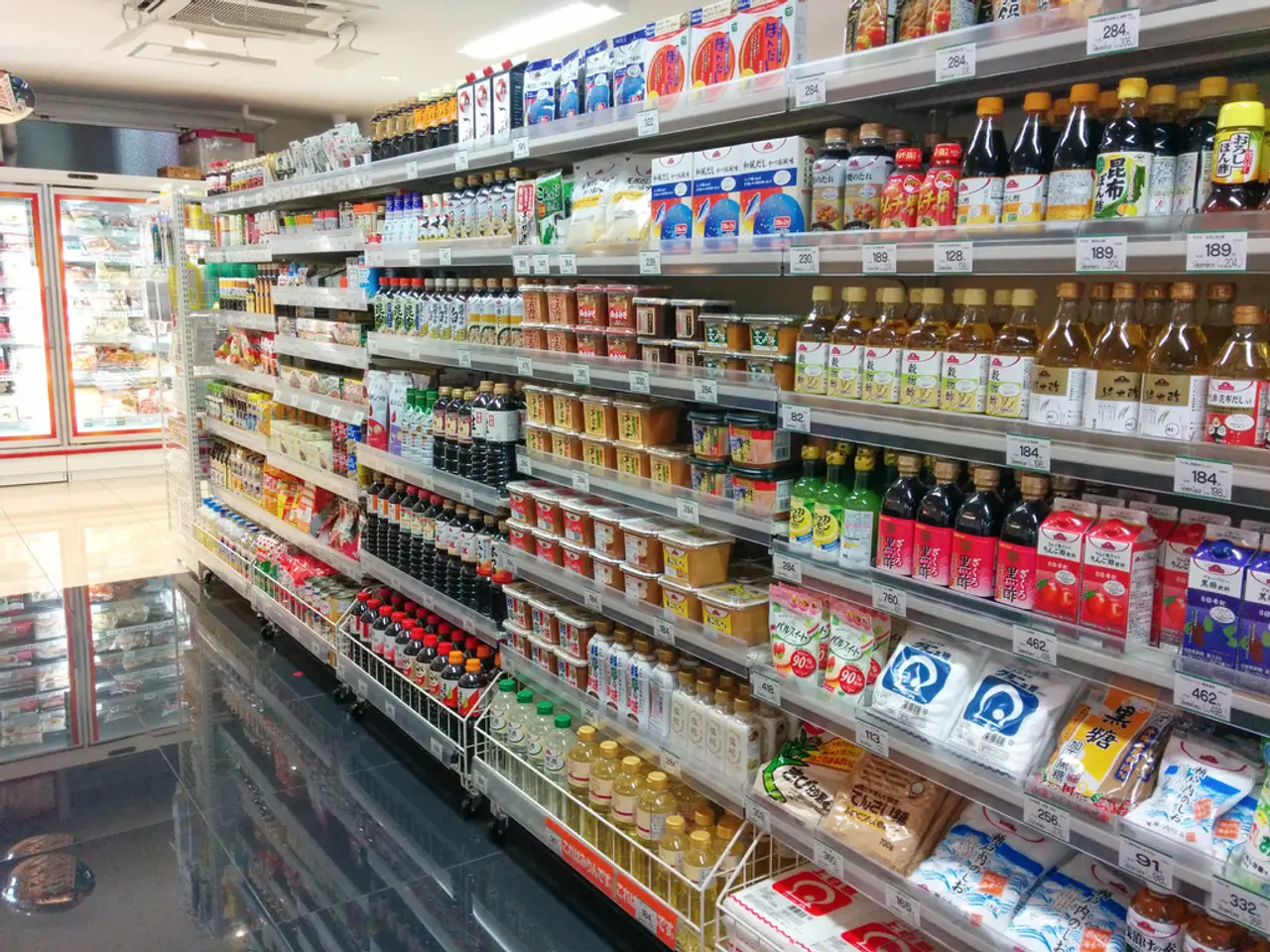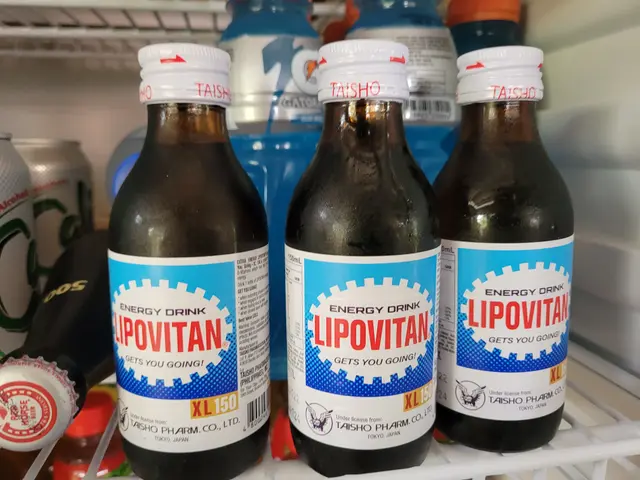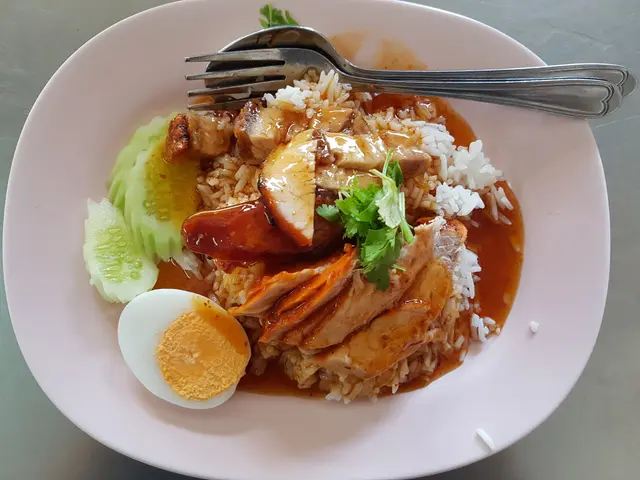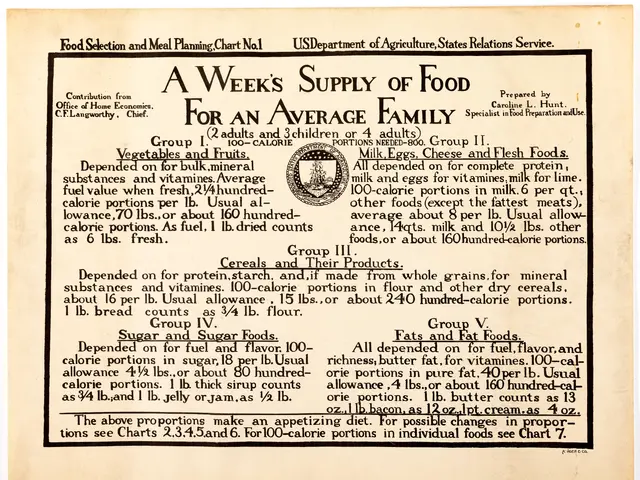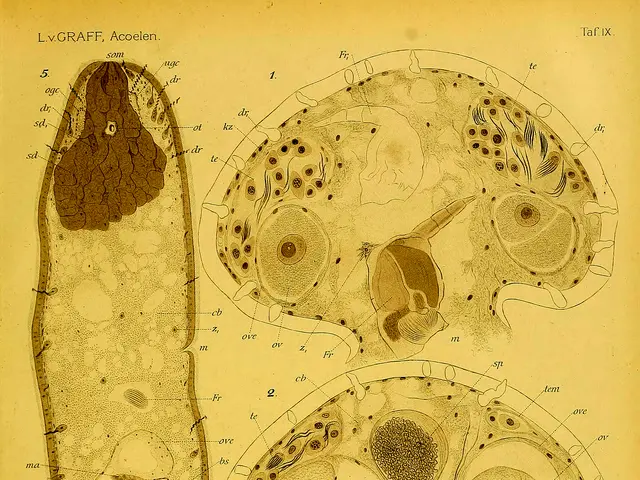Why Exotic Superfoods Like Açaí May Not Be the Miracle Cure You Think
Superfoods, rich in specific nutrients, are gaining popularity despite concerns about exotic foods' quality and hygiene due to long transport routes and unclear farming practices. Açaí berries, pomegranates, and moringa are among these exotic plants marketed as superfoods, but experts advise a balanced diet over relying on a single superfood.
Superfoods, though not officially defined, are generally considered to be nutrient-dense foods. Açaí berries, for instance, are high in cell-protecting antioxidants, while pomegranates are rich in minerals and beneficial plant compounds. Moringa leaves, another exotic superfood, are packed with vitamins, minerals, and plant-based bioactive compounds.
However, many exotic superfoods, like Goji berries, chia seeds, quinoa, and turmeric, are imported from Asia, South America, or other regions, raising concerns about their quality and hygiene. Moreover, processed superfood products are often understudied, and these foods can carry risks such as allergies and medication interactions.
While many superfoods do contain nutrients with proven health benefits, it's crucial to maintain a balanced diet rather than relying solely on these exotic foods. Always be aware of potential risks and consult healthcare professionals for personalized advice.
